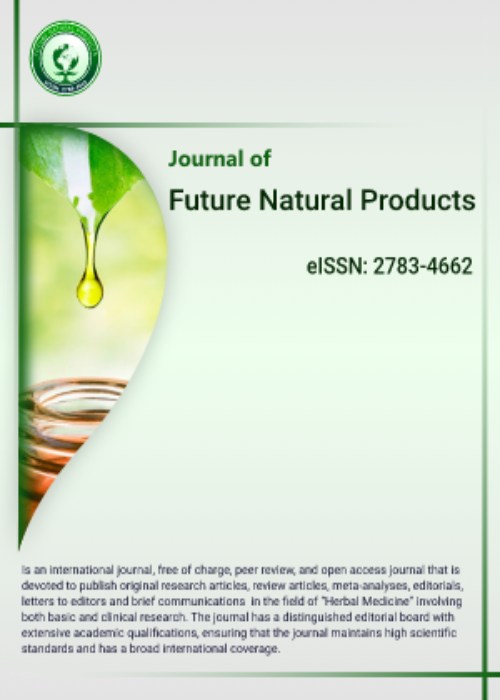An updated review of the therapeutic anti-inflammatory effects of frankincense
Inflammatory responses are the consequences of infection, injury, and tissue dysfunctions. In general, these responses associate with the inception of several diseases such as rheumatoid arthritis, diabetes, allergy, asthma, cancer, epilepsy, and Alzheimer's disease. To enhance such responses a number of synthetic drugs are widely used, including steroidal/non-steroidal components, antibodies, and cytokine inhibitors. However, prolonged use of these components may generate some side effects, including the malfunction of digestive tract, liver intoxication, kidney damage, and cardiovascular disorders. Therefore, alternative application of natural compounds, such as herbal components, against inflammatory responses might be safer and more effective. Frankincense is a gum resin with potential therapeutic effects on various diseases with signs of inflammation. Therefore, frankincense can decrease the indications of numerous illnesses with the least side effects. The identification of critical active constituents in frankincense may be useful for the development of new components with desired biological effects. In this review, the potential therapeutic effects of frankincense will be described based on its anti-inflammatory effects.
- حق عضویت دریافتی صرف حمایت از نشریات عضو و نگهداری، تکمیل و توسعه مگیران میشود.
- پرداخت حق اشتراک و دانلود مقالات اجازه بازنشر آن در سایر رسانههای چاپی و دیجیتال را به کاربر نمیدهد.



